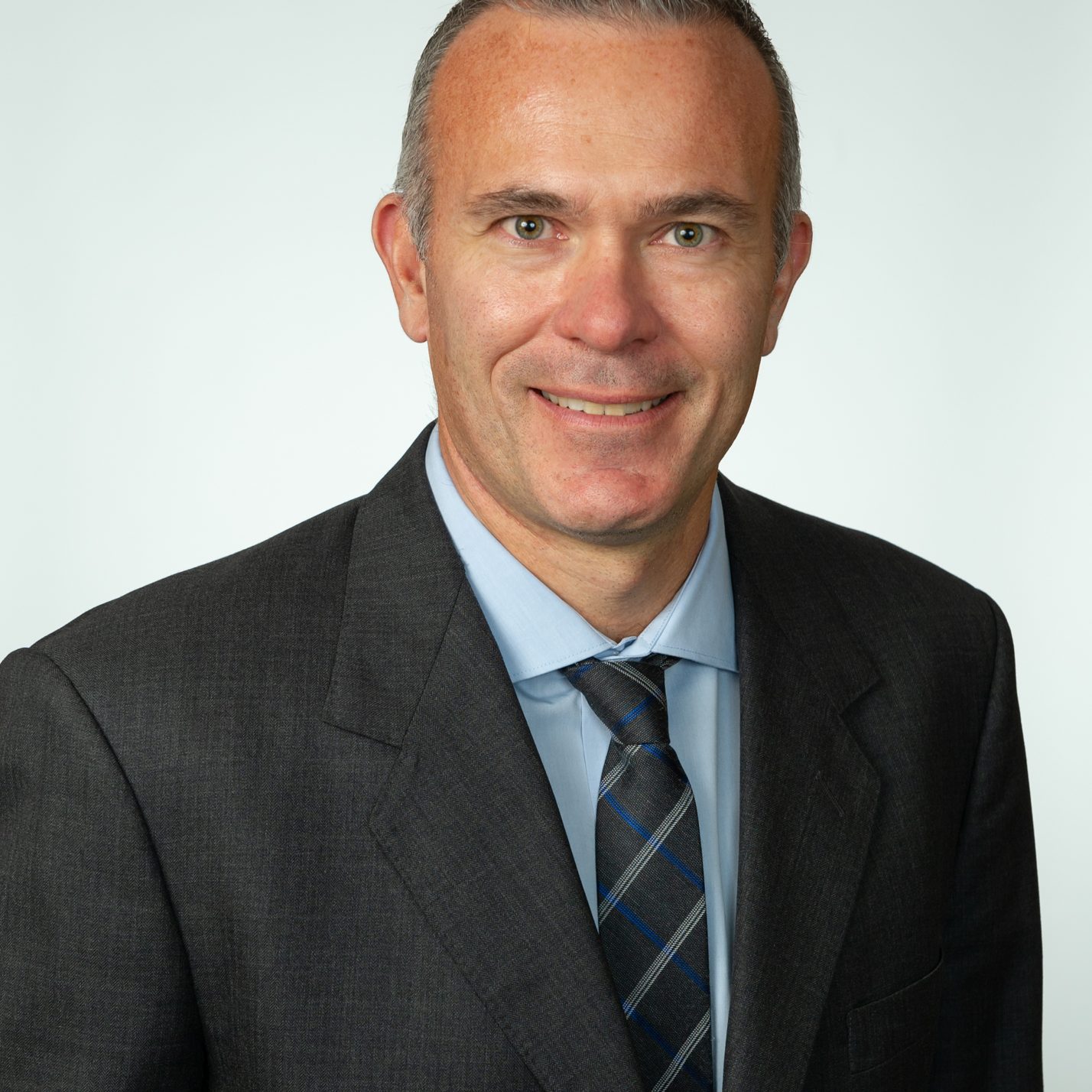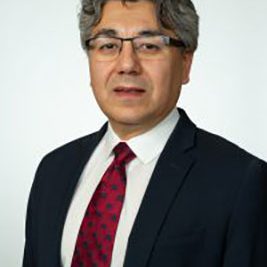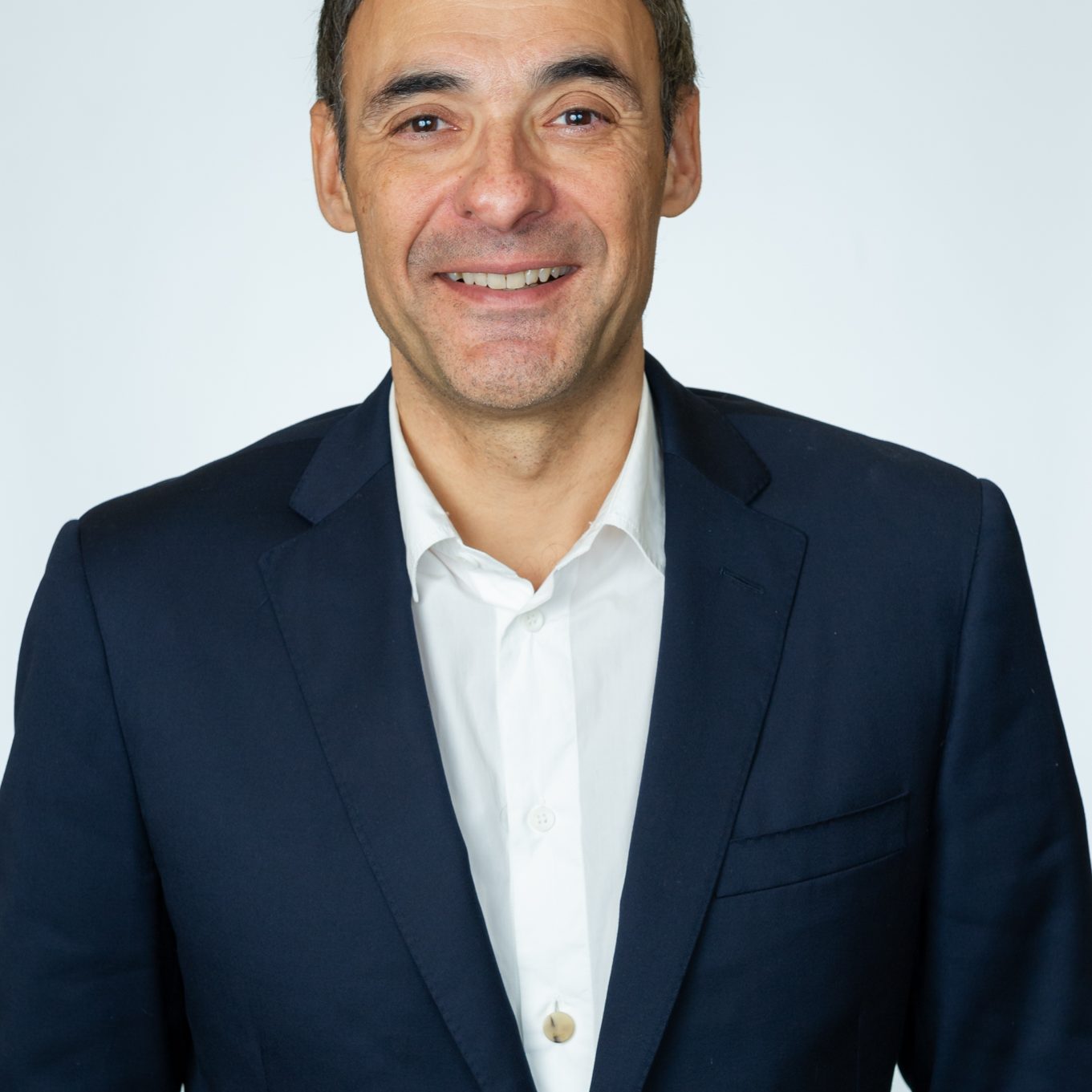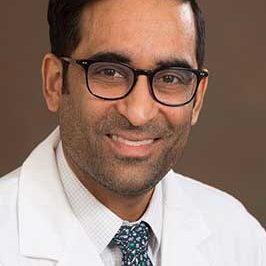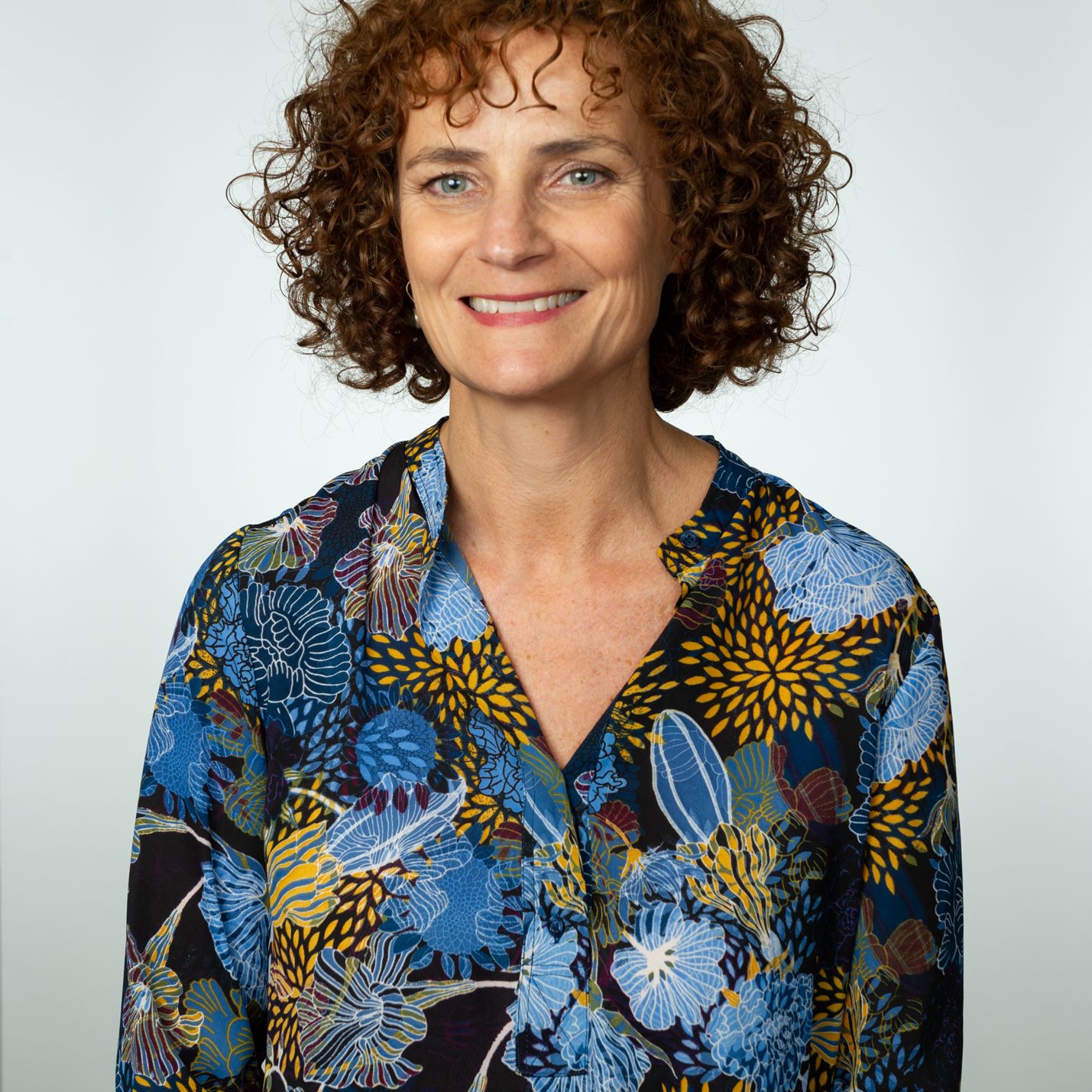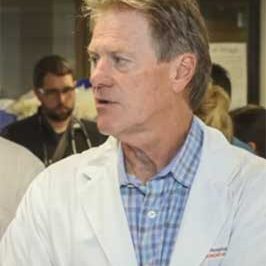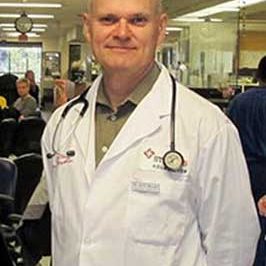Department of Medicine
Division of Critical Care
Home / Divisions / Division of Critical Care
Division of Critical Care
Critical Care Medicine is a branch of medicine concerned with the provision of life support or organ support systems in patients who are critically ill and who usually require intensive monitoring.
The Division of Critical Care Medicine consists of eleven members who are actively involved in providing patient care services in the Intensive Care Unit at St. Paul's Hospital and Mount St. Joseph's Hospital.
For more information on Critical Care Medicine, please explore this useful website:
UBC Division of Critical Care Medicine
Dr. John Boyd received his MD from the University of Western Ontario in 1998, trained in Internal Medicine at the University of Western Ontario, and subsequently trained in Pulmonary and Critical Care Medicine at McGill University from 2001-2004. His Postdoctoral Fellowship was at the Meakins Laboratory in Montreal 2004-2005. He is an Intensivist at the St. Paul’s Hospital ICU and an Investigator at the Institute for Heart + Lung Health.
Dr. Najib Ayas graduated with distinction from the University of Alberta in 1992. He completed an Internal Medicine residency at the Mayo Clinic in 1996, and postgraduate training in Respiratory, Critical Care, and Sleep Medicine at Brigham and Women’s Hospital/Harvard Medical School in 2000. He was on staff at Brigham and Women’s Hospital for two years, and then joined the Sleep Disorders Program at the University of British Columbia in September 2002. He also has a Master of Public Health from the Harvard School of Public Health.
His research focuses on the public health and safety consequences of sleep apnea and sleep deprivation. His work has been published in a variety of medical journals including the American Journal of Respiratory and Critical Care Medicine, Chest, Sleep, Cardiovascular Nursing, Journal Spinal Cord Medicine, Sleep Medicine, Thorax, Archives of Internal Medicine, Canadian Journal of CME, Mayo Clinic Proceedings, and Current Opinion in Pulmonary Medicine.
Dr. Nadia Fairbairn, MD, is a Clinician Researcher and Director of the International Collaborative Addiction Medicine Research Fellowship with the BC Centre on Substance Use (BCCSU), as well as an Assistant Professor in the Department of Medicine with the University of British Columbia. Her primary research interests include the development, evaluation, and implementation of pragmatic evidence-based strategies for addictions care in drug-using populations, as well as the development of strategies to reduce overdose and improve addiction treatment outcomes among people with opioid use disorders.
Dr. Dorscheid is a member of the Divisions of Critical Care Medicine and Respirology at St. Paul ‘s Hospital, one of the University of British Columbia hospitals. He arrived in Vancouver on July 1, 2000 after being recruited from the University of Chicago. Dr. Dorscheid attends in the medical intensive care unit at St. Paul ‘s and is a researcher at the HLI. As a young physician-scientist, he leads an active research group investigating the role of the airway epithelium in the genesis of inflammatory airways diseases. The research program studies the role for inappropriate injury-repair cycles in the development of both chronic diseases such as asthma and acute illnesses like ALI/ARDS. Specific projects include the role of glucocorticoid-induced airway epithelial cell apoptosis, novel glycoproteins and the glycomics involved in the repair of an injured epithelium, and the expression of FasL as an immune barrier for the airway.
Dr. Dorscheid obtained his MD and PhD degrees from McGill University in Montreal. He graduated from Medicine in 1993 and two years later he defended his PhD thesis in Experimental Medicine. He moved onto Chicago where at the University of Chicago he completed his Internal Medicine residency and subsequently a fellowship in Pulmonary and Critical Care Medicine. During his time at the University of Chicago, he completed post-doctoral research with Dr. Steve White. After one year on the Faculty at the University of Chicago, he relocated with his family to Vancouver to take a position in Critical Care Medicine at UBC.
Dr. Kendeep Kaila is a clinical assistant professor at UBC. He works in the cardiac intensive care unit, intensive care unit, general cardiology clinics, and inpatient services. He also works in the intensive care unit at Mount Saint Joseph Hospital. He attended medical school at the University of Manitoba. He then completed Internal Medicine and Cardiology training at the University of Alberta prior to pursuing further specialization in Critical Care Medicine at the University of British Columbia. His clinical interests are in general cardiology and intensive care including cardiac arrests, hemodynamic assessment, and patient safety.
Adam Peets obtained his M.D. from the University of Calgary in 2000, followed by residency in Internal Medicine, subspecialty training in Critical Care Medicine and completion of a Masters Degree in Medical Education. He was Director of the Master Teacher Program at the University of Calgary from 2007 until 2009 when he relocated to the University of British Columbia. Since then, he has held a number of educational leadership positions including UBC Critical Care Medicine Residency Training Program Director, Associate Department Head, Education within the Department of Medicine and Assistant Dean, Curriculum with the UBC MD Undergraduate Program. He enjoys
teaching across the spectrum of medical education in both the classroom and clinical settings, and has been fortunate enough to receive over 30 local or national teaching awards, including the AFMC Young Educators Award and the Frank S Rutledge Award of Excellence in Critical Care Teaching.
Dr. Russell pursued his undergraduate degree (AB) in Biology and Biochemistry at Princeton University and medical degree (MD) at the University of Toronto. He completed a residency in Internal Medicine at Toronto General Hospital and University of Toronto. He chose to go to the University of California, San Francisco for his Fellowship in Critical Care Medicine and research training. He then returned to Toronto General Hospital as Director of the Medical ICU before being recruited to Vancouver, BC as Director of the Medical Surgical ICU at St. Paul’s Hospital. He built a world-class team of basic science, translational, and clinical researchers in Critical Care focused on molecular mechanisms and treatment of sepsis. He was Chair of Medicine at St. Paul’s and Head of the Division of Critical Care Medicine for University of British Columbia (UBC).
He is now a Professor of Medicine at UBC, a Principal Investigator at the SPH-based Centre for Heart Lung Innovation (HLI) and a member of the Board of Molecular You and of the Personalized Medicine Initiative. Dr. Russell was also a co-founder and founding CEO of Sirius Genomics Inc., a spin off company of UBC and SPH. Sirius raised $16M to attempt to identify and validate genomic markers (i.e. predictive biomarkers) of improved response to what was the only approved drug for sepsis, activated protein C (Xigris). Dr. Russell is also co-founder and Chief Medical Officer of Cyon Therapeutics, another spin-off of UBC and SPH. Through their groundbreaking scientific discoveries the team is developing the means to boost the body’s natural ability to clear infectious toxins from the bloodstream. Bacterial toxins are found in cholesterol, so Cyon’s technology will focus on increasing the clearance of cholesterol bound toxins. The major discovery is that genetic variants of PCSK9 – loss of function variants – have improved survival from septic shock and that in murine models, PCSK9 knock-outs and antibodies to PCSK9 also have improved survival from septic shock. This important discovery has potentially important therapeutic implications in septic shock; we are now investigating the potential efficacy and safety of PCSK9 inhibitor(s) in septic shock.
Dr. Walley received his MD from the University of Manitoba in 1981, trained in Internal Medicine at McGill University, and subsequently trained in Critical Care Medicine at the University of Chicago. He has been a practicing Intensivist at St. Paul’s Hospital ICU and investigator at the Centre for Heart Lung Innovation since 1988.
The focus of Dr. Walley’s research is to investigate 1) the mechanism of decreased left ventricular contractility and other organ failure during sepsis and 2) the impact of genotype on patient outcomes in sepsis and systemic inflammatory states. Dr. Walley translates basic discoveries into clinical practice in the ICU. Together with Drs. Russell and Boyd, he recently demonstrated that blocking the function of PCSK9, an enzyme that inhibits the clearance of endogenous cholesterol from blood, is associated with increased pathogen clearance via the LDL-receptor, a decreased inflammatory response, and improved septic shock outcome. This important discovery facilitated the emergence of anti-PCSK9 therapies as one of the most promising treatments for sepsis. This discovery has led to further investigation into the role of lipoproteins in sepsis. Training the next generation of clinician scientists is the other passion in his career.
Division of Critical Care Medicine
Room 3599-2 ICU Decant
3rd Floor Providence Bldg
1081 Burrard Street
Vancouver, B.C., V6Z 1Y6
Admin Assistant: Kaitlyn Mahoney
Telephone: 604-806-9405
Email: kmahoney@providencehealth.bc.ca
Head
Dr. Demetrios Sirounis, Clinical Professor




